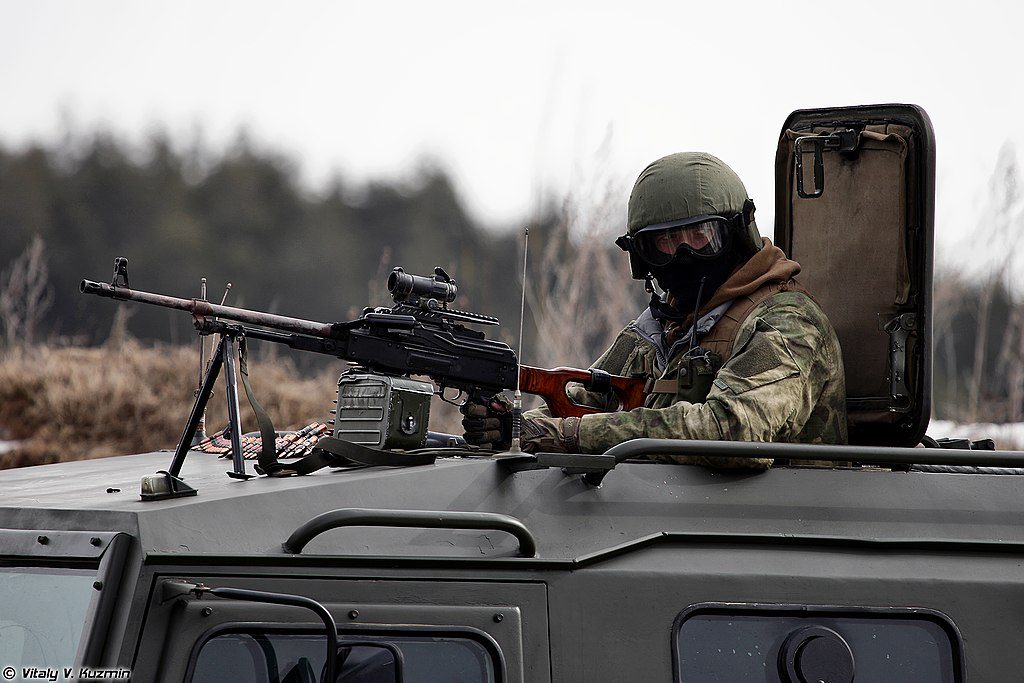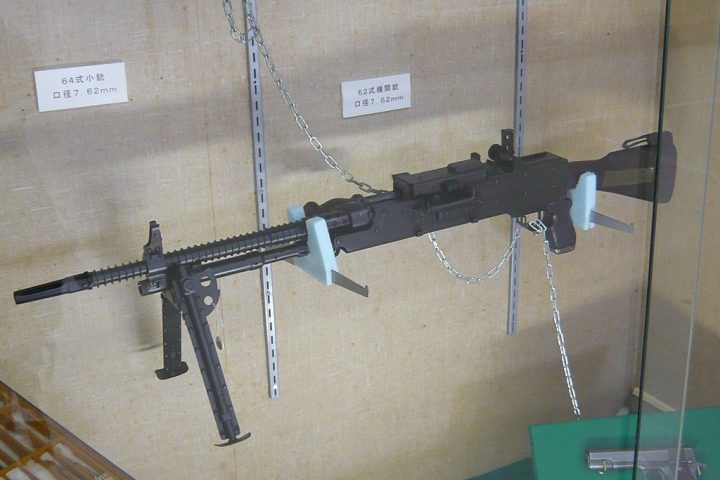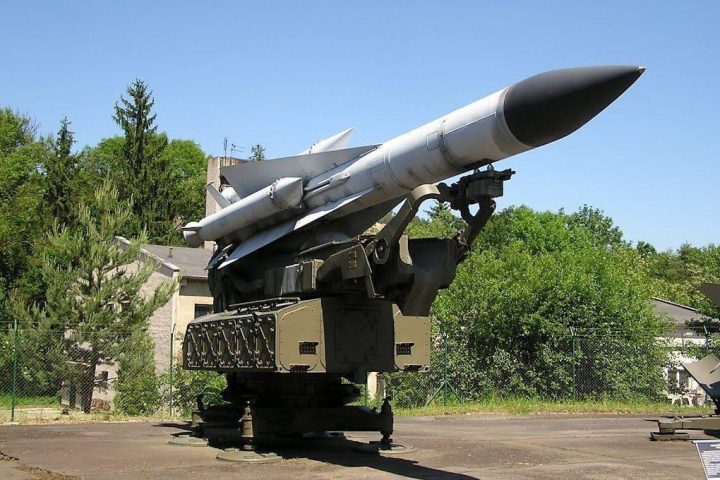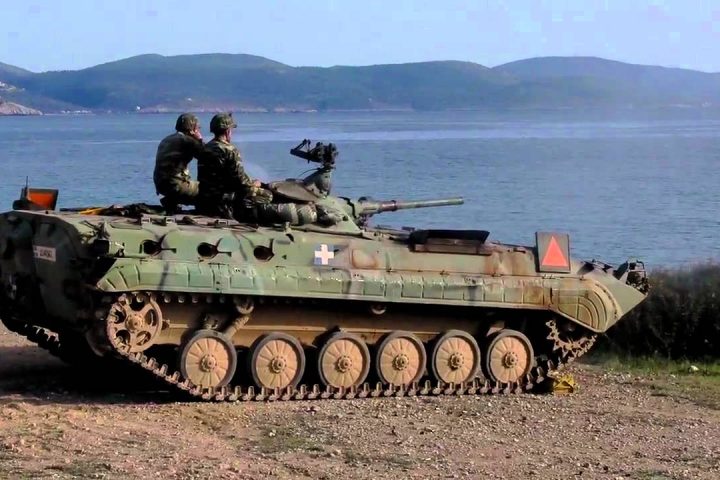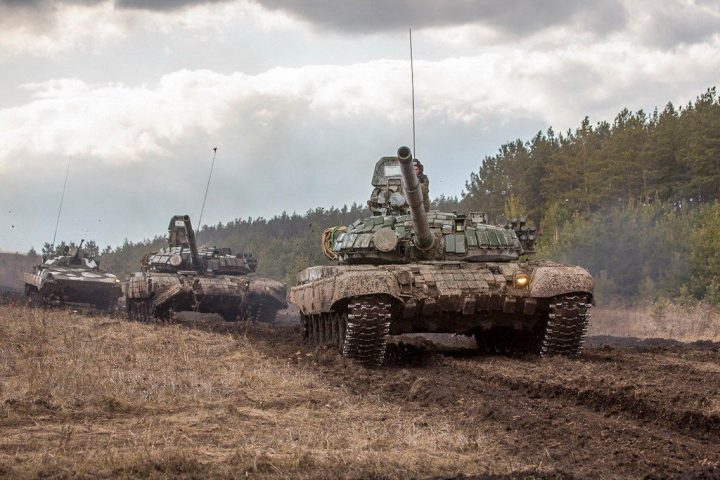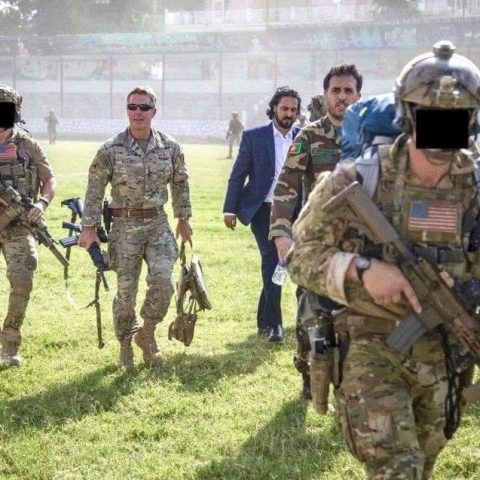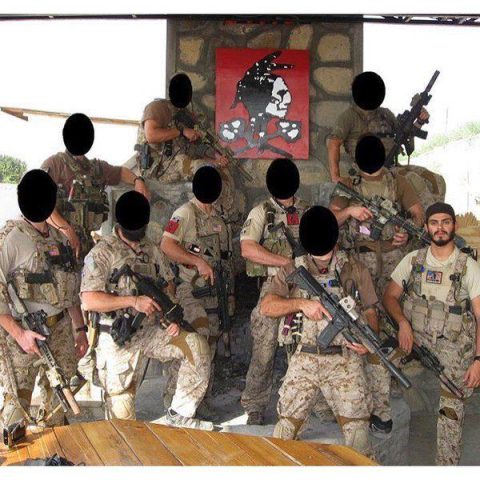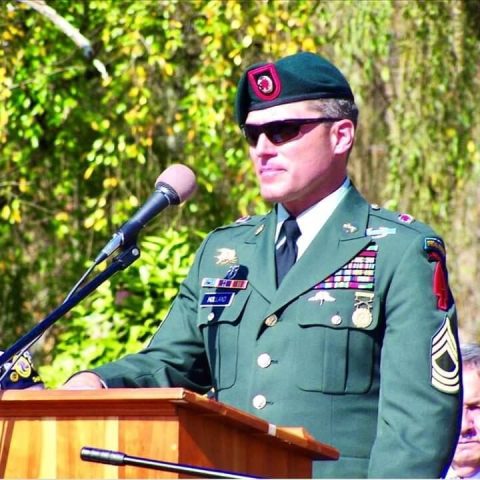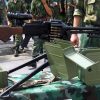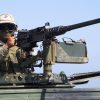Since it was introduced in the Soviet Army, the PK machine gun has become indispensable. Since the 1920s, the top Soviet infantry machine gun was a Degtyarev design, using a locking system based on flaps forced into notches in the receiver by the forward movement of the firing pin.
But when the Kalashnikov rifle became the Soviet standard, it was thought to develop a Kalashnikov-based machine gun, if only for commonality of parts and manufacture. As a result, the PK series (Pulyemet Kalashnikova) appeared in the mid-1960s and was universal throughout the armies of the former Warsaw Pact.
Design
Although the PK machine gun uses the same type of bolt carrier and rotating bolt as the Kalashnikov rifle, other parts of the mechanism have been “borrowed” from different designs; thus, the feed system has been taken from the Goryunov machine gun, as has the method of changing the barrel; the method of using the gas piston to drive the belt feed mechanism comes to form a Czechoslovakian design, and the trigger has been taken from the older Degtyarev guns.
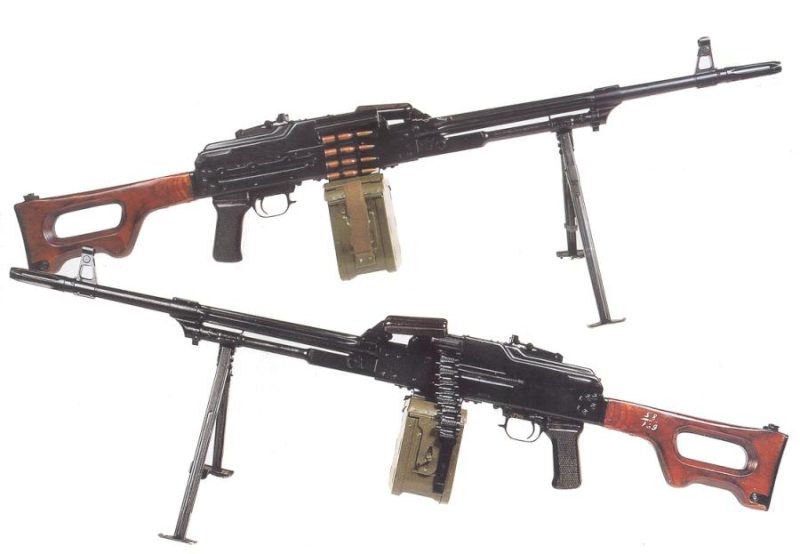
One benefit of this is that the various parts should all be well understood by the troops and armorers, and the result is a valuable weapon. Still, it would have probably been better had it been designed for a more modern, rimless cartridge instead of the ancient rimmed round dating from 1891. Nevertheless, this is an excellent long-range cartridge, and it gives the weapon ample power to reach out with accuracy.
The PK machine gun was the Soviet Army’s first general-purpose machine gun, a concept widely adopted elsewhere but long resisted by the Soviets since they were reluctant to discard anything and had a vast collection of old medium machine guns to wear out before adopting the PK machine gun.
Variants
The basic design has been parlayed into several versions, each slightly different and for a specific role; the PK machine gun is the basic gun on a bipod, the squad automatic; the PKS is the same gun with a light tripod, making it the company medium machine gun.
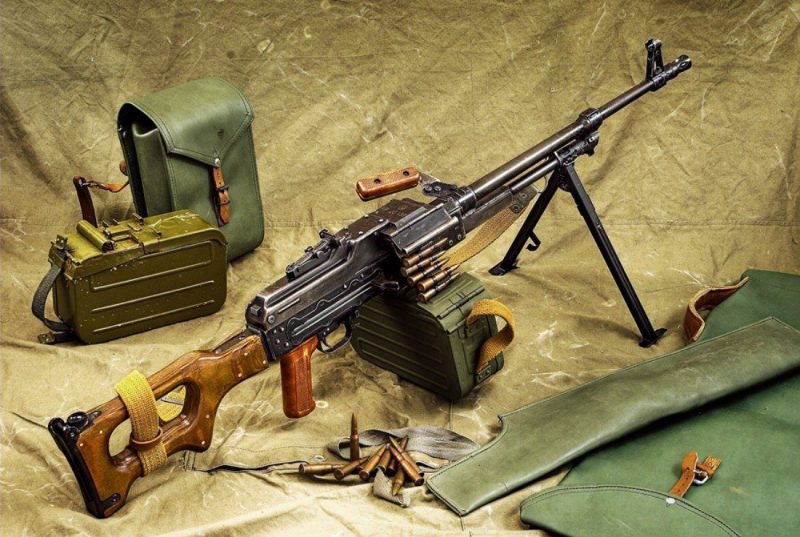
The PKT machine gun is the PK altered for installation as the coaxial gun in a tank; the sights, stock, pistol grip and trigger, and bipod are removed and a solenoid firing mechanism installed; the PKM is a “product improved” PK with stamped metal feed cover, unfluted and lighter barrel and a hinged butt rest.
The PKMS is the PKM on a tripod, and the PKB is the PKM with bipod, butt, and trigger mechanism removed and twin spade grips fitted for use as a pintle-mounted gun armored vehicles.
Technical specifications
| Manufacturer: | Soviet State Arsenal Factory |
| Designed: | 1961 |
| Service: | 1961-present |
| Type: | gas-operated, belt-fed, machine gun |
| Caliber: | 7.62mm Soviet Nagant M1891 |
| Barrel: | 25.9 in (658 mm) |
| Weight (empty): | 19.84 lbs (9 kg) |
| Effective firing range: | 1,000 m (1,094 yd) (100–1,500 m sight adjustments) |
| Rate of fire: | 700 rounds per minute |
| Magazine capacity: | belt feed |


